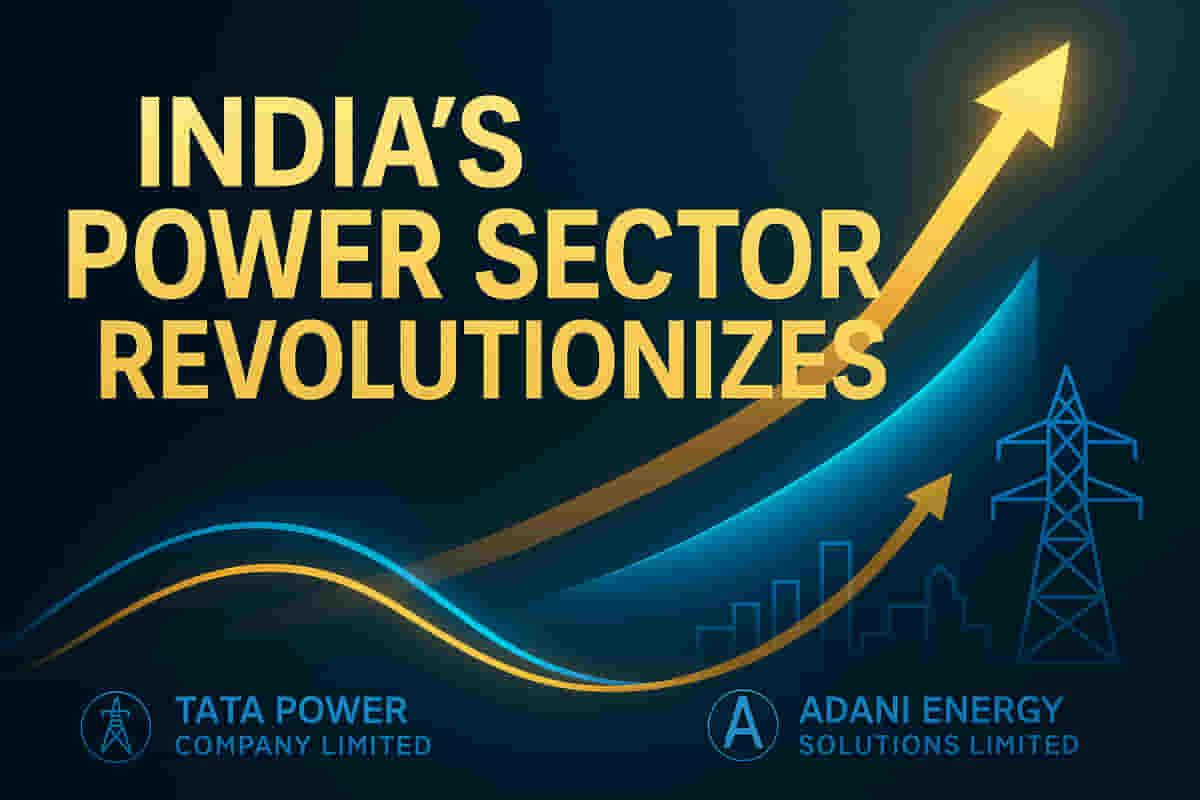India's Power Distribution Sector Set for Major Reforms, Boosting Private Player Opportunities
Energy
|
30th October 2025, 8:12 AM

▶
Stocks Mentioned :
Short Description :
Detailed Coverage :
India's power distribution sector is on the verge of a major transformation driven by the government's focus on reforming financially troubled state-owned Distribution Companies (DISCOMs). A potential $12 billion bailout plan underscores the strong intent to inject private participation, enhance competition, and improve the sector's overall financial health. Nikhil Nigania of Bernstein noted that policy discussions, draft amendments to the Electricity Act, and a Supreme Court order signal a clear direction to boost private involvement and profitability, potentially leading to tariffs that better reflect actual costs and improving sector efficiency.
Private operators with established distribution networks are expected to gain the most as more DISCOMs are privatised. Bernstein highlighted that models with majority private ownership, such as a 51% stake, are most likely to succeed. Tata Power Company Limited is specifically mentioned for its extensive experience, including successful statewide distribution in Odisha, differentiating it from peers focused on urban areas. While progress may be gradual and face resistance, the government's policy direction and financial backing are significant steps towards a more dynamic and competitive power distribution landscape.
Impact: This news is highly significant for the Indian stock market, as it signals potential growth and investment opportunities for major power distribution companies. It could lead to increased investor confidence and capital expenditure in the sector. Rating: 9/10.
Heading: Difficult Terms Explained * **DISCOMs (Distribution Companies)**: Companies responsible for distributing electricity to end consumers. Many state-owned DISCOMs in India face financial challenges. * **Privatisation**: The process of transferring ownership and control of a state-owned enterprise or asset to the private sector. * **Tariffs**: The rates or prices charged to consumers for the electricity they use. Reforms aim for tariffs to align with the actual cost of supply. * **Capital Expenditure (CapEx)**: Funds invested by a company to acquire, upgrade, or maintain its physical assets, such as infrastructure and equipment.